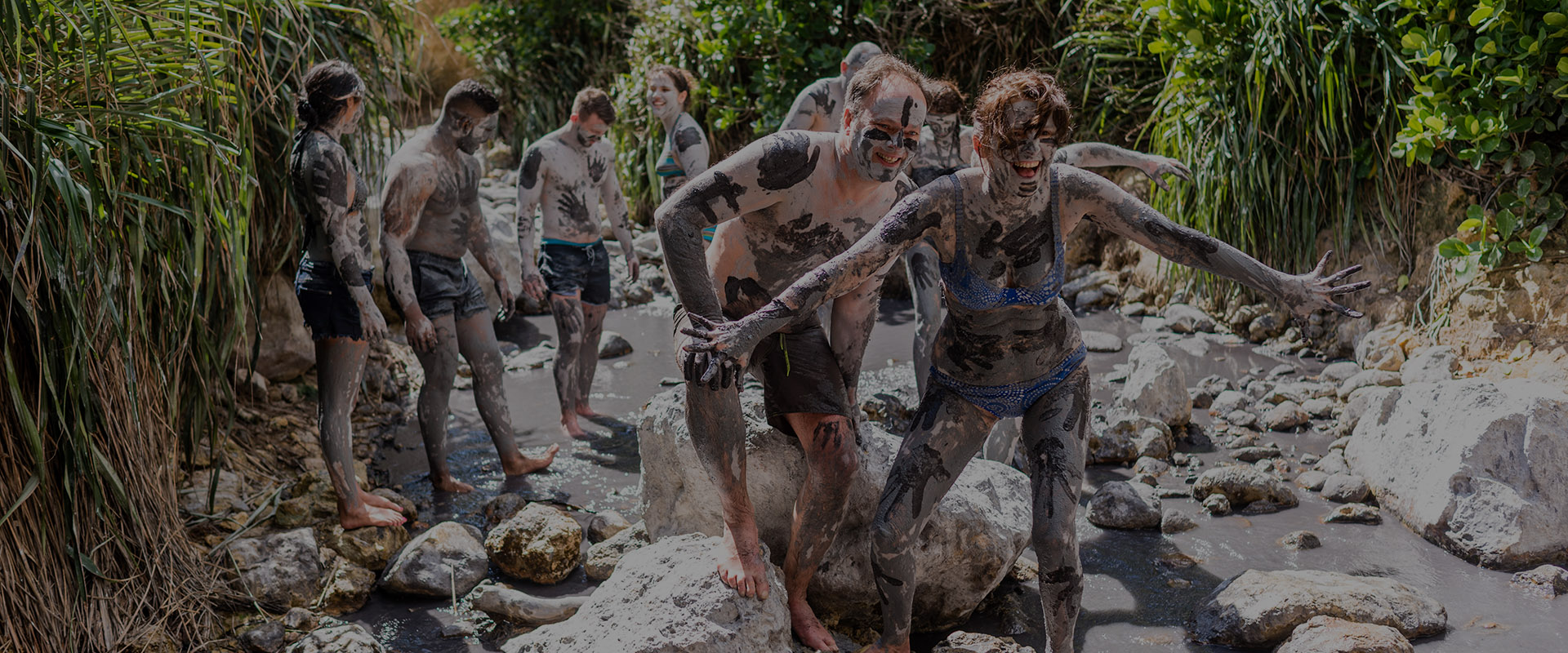Why You Need to Dive Into St. Lucia
A visit to St. Lucia is definitely about relaxation. Still, for those restless souls that crave adventure, St. Lucia will not disappoint you either, no matter where you choose to spend your vacation, be it on land or sea!
A common characteristic of both professional and amateur divers is their inability to relate the experience to others – meaning it’s something you just have to experience on your own to truly understand.
Diving is a rewarding experience
The feeling of being submerged several metres below the surface, seeing rays of sunlight peaking through and illuminating the reefs teeming with marine life. This is the kind of experience that makes you want to save the only aquatic environment we have.
Anyone who has experienced underwater diving will attest: There is no terrestrial experience quite like scuba diving in a tropical ocean. Your body is floating among life that you are utterly foreign to. A first dive is almost like a lucid dream, where cognitive dissonance comes into play when you realize you’re doing the same thing you see on National Geographic or the Discovery Channel. The simple feeling of being able to breathe underwater is a feat in and of itself, and there is an odd, familiar comfort to it – perhaps because of the evolutionary connection to our more amphibious ancestors. Whatever the reason, it’s important to note that a good underwater dive can actually feel therapeutic, is an excellent workout, an educational experience, and makes for a great cocktail story. With this in mind, visitors have several options of how to experience the ocean around St. Lucia.
Snorkeling in St. Lucia
One of the most common way to view marine life on shallow waters, snorkeling is easy and relaxing. All you need are goggles with a nose piece and attached snorkel, then you’re good to go. It’s imperative that you follow the rules of the respective snorkeling sites, maritime reserves or guided snorkeling tours that you are participating in.
There are numerous places around St. Lucia to enjoy a good snorkel. Some of the best tours are offered via two companies: Scuba St. Lucia and Scuba Steve’s Diving. There are 23 commonly visited diving spots on the island, some of them are within the Maritime reserve, and others are just north of the airport.
A day of snorkeling is a fantastic way to prepare yourself for further excursions into the waters surrounding St. Lucia. It’s pretty much guaranteed that once you see the marine life while snorkeling on the surface, you’ll want to get closer. So it’s not much of a stretch a snorkel to a SCUBA tank and your first PADI Certification Course. Now for some people, this is where the fun starts.
SCUBA Diving in St. Lucia
The first thing you’ll want to do is take the PADI diving certification course. It’s very important that you do this, because if you don’t, you won’t be able to dive anywhere using scuba gear, and no dive tour company will take you on a trip. The reason for the strict regulation is diver safety. SCUBA diving is a dangerous sport, but passing a PADI course is simple as long as you follow the procedures from your instructors.
Anyone considering scuba diving should be in relatively healthy physical shape. The exercise is not the most gruelling form of work out, but is still strenuous especially on the elderly and those with high blood pressure. Make sure you discuss any health issues with your instructor prior to diving.
That being said, there’s no other reason you can’t enjoy getting certified by PADI. First of all, the certification you receive is international. This means that if you learn to dive in St. Lucia, you’ll be able to do wet suit dives anywhere on the globe! Places with colder temperatures take a different certification because it requires dry suits, and the colder water makes for a different experience.
The bottom line – If you haven’t experienced a tropical water dive into a reef, of at least 18 metres below the surface, then you don’t know what you’re missing.






